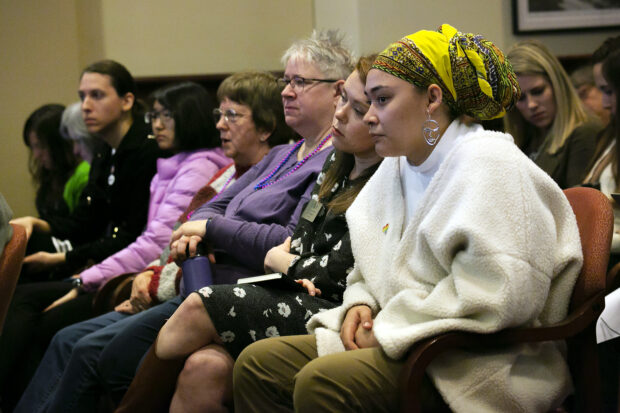Weeks before the NCAA is expected to take up Idaho’s controversial new transgender athletics ban, Gov. Brad Little discussed the law with a top NCAA official.
Little and NCAA chief operating officer Don Remy spoke by phone on July 13. The meeting was listed on Little’s weekly calendar, obtained by Idaho Education News through a public records request.

Little and Remy discussed the transgender ban, “and the NCAA’s consideration of it,” Little spokeswoman Marissa Morrison Hyer said in an email Monday.
The law — House Bill 500, dubbed the “Fairness in Women’s Sports Act” by supporters — bans transgender girls and women from playing in girls’ and women’s sports. Little signed the bill into law on March 30, despite a legal opinion from Attorney General Lawrence Wasden’s office, questioning its constitutionality. Five former state attorneys general urged Little to veto HB 500.
Critics are challenging the law in federal court.
But in the meantime, the NCAA has been pressured to take a stand against the first-in-the-nation ban. More than 400 student-athletes — joined by prominent LGBT athletes, including tennis pro Billie Jean King and soccer star Megan Rapinoe — signed a letter urging the NCAA to pull major sporting events out of Idaho to protest the law.
Boise State University is scheduled to host opening-round games for the 2021 men’s basketball tournament in March.
The NCAA board of governors is scheduled to take up the issue in August.
“(House Bill 500) is harmful to transgender student athletes and conflicts with the NCAA’s core values of inclusivity, respect and the equitable treatment of all individuals,” the NCAA said in a statement in June. “Further, board of governors policy requires host sites to demonstrate how they will provide an environment that is safe, healthy and free of discrimination.”
